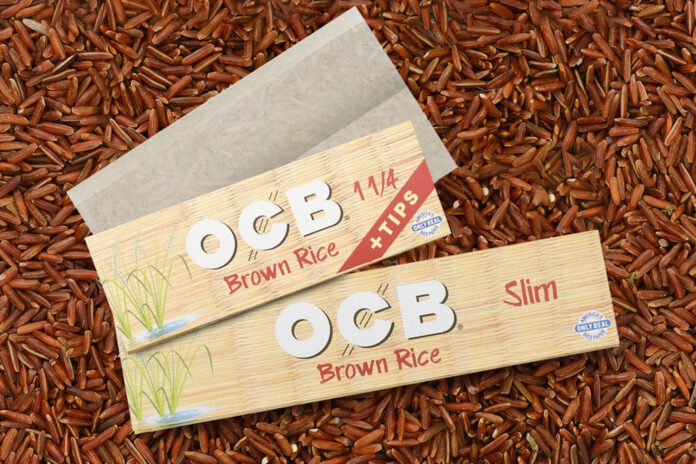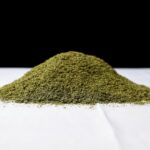There’s a simplicity to rolling papers, but that doesn’t mean they’re devoid of innovation, as OCB proves. The family-owned brand has been innovating for a very long time.
OCB’s roots trace back more than 200 years to when brothers René and Guillaume Bolloré built a paper mill next to the Odet River in France in 1822. The river provided an ideal source of clean water, an essential ingredient for making quality paper. The business flourished and shifted operations to a more modern facility in Cascadec in 1893. There, the OCB brand was born in 1918, and it’s still innovating.
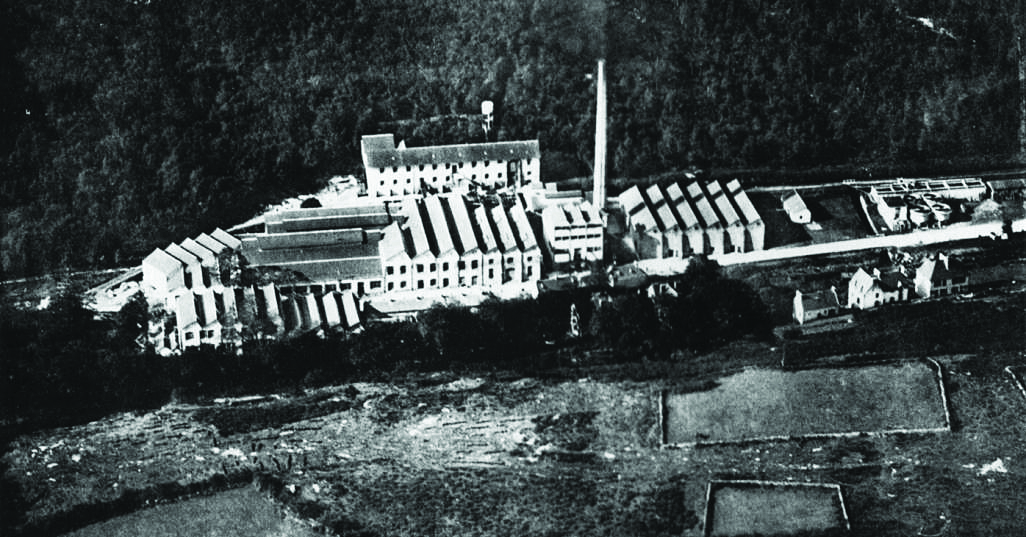
“Our name pays homage to the Odet River, the Cascadec mill, and the Bolloré family origins in the Brittany region of France,” said Becky Roll, chief revenue officer at Republic Brands, which distributes OCB in the United States. “Today, our family-owned paper mill, which celebrated its 100th birthday in 2022, sits on Lac Léman, also known as Lake Geneva, in the foothills of the French Alps, next door to the Evian water-bottling facility.”
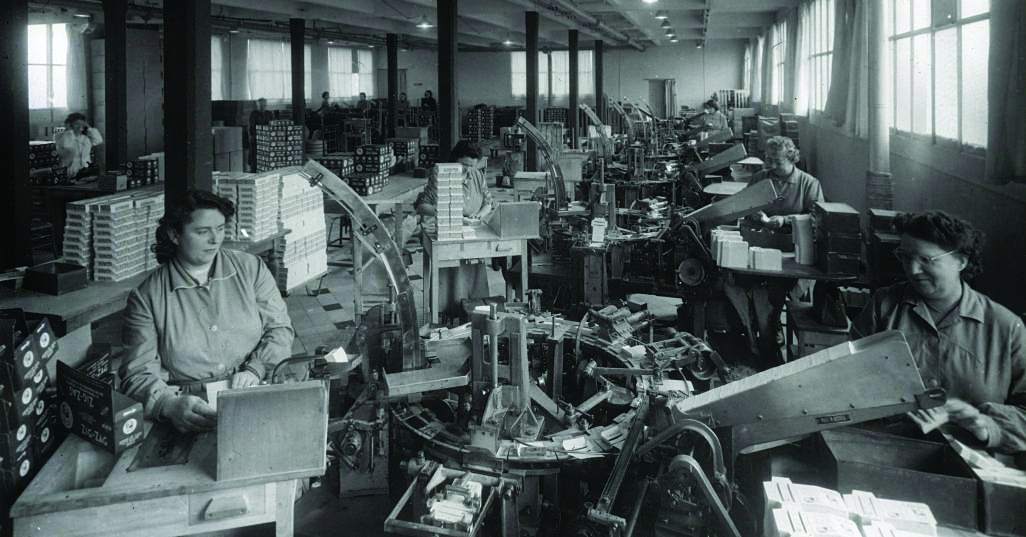
Being French, where planetary stewardship is a way of life, OCB is committed to sustainability. The paper mill is largely powered by a biomass boiler that saves 11,500 tonnes of CO2 annually, and the water returned to the lake is 70-percent cleaner than regulations require. The work and effort required to reduce environmental impact are not a marketing gimmick, Roll said, but simply “the right thing to do.”
The company’s devotion to resource conservation runs deep. Both products and packaging are created using sustainable materials and methods. “Our engineers are leading the industry in manufacturing products and packaging from sustainably harvested materials including hemp, wood pulp, bamboo, rice, and acacia gum,” Roll said.
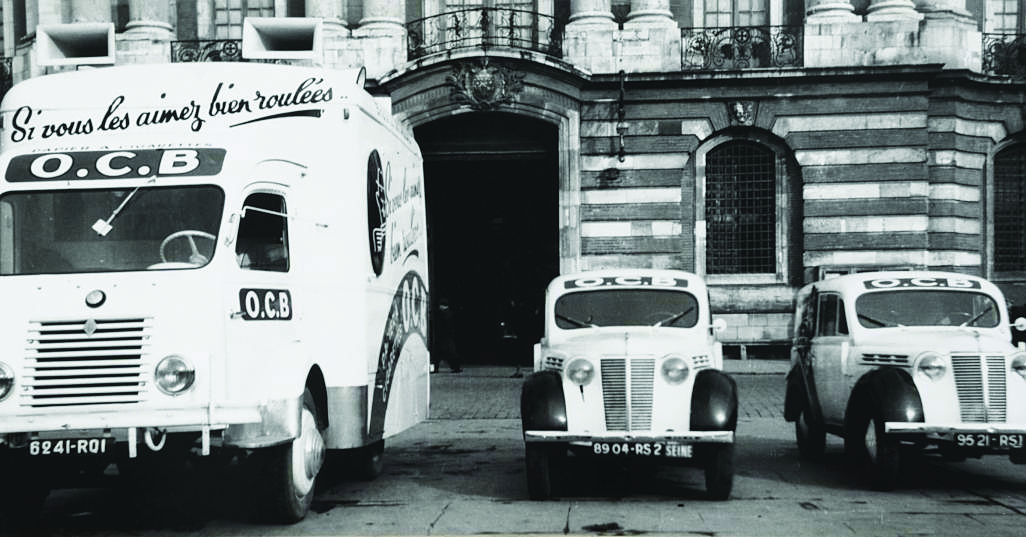
No other company in the rolling paper industry has such an illustrious history and dedication to environmental stewardship. But that’s only part of what makes OCB a market leader. In addition, Roll credits the company’s popularity and longevity to product quality and innovation. Consider, for example, its brown rice papers.
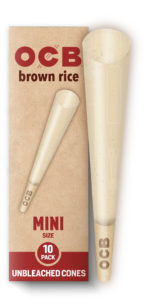
In 2020, OCB introduced 100-percent-bamboo paper. Bamboo is one of the fastest-growing plants in the world, making it an optimal choice for sustainable production. It also happens to provide a smooth, slow smoking experience for discerning consumers. OCB offers both rolling papers and cones in eco-friendly bamboo and other products. The company recently added brown rice cones to its inventory. Roll believes OCB is the only company currently offering both real rice and bamboo products.
OCB also separates itself from others in the space by carefully monitoring every step of the production process. “We’re unique in the rolling-paper industry because of our vertical integration across our family-owned companies,” Roll said. “We control the quality, consistency, and process of making paper—from the raw material inputs and the weave for each style to the thinness of each paper.”
The cannabis industry in the U.S. may be segmented into state markets, but OCB has a global presence. Its French-manufactured products are available in more than 100 countries. And the company maintains a global perspective while acting locally. Not only does it employ materials that minimize harm to the planet, but OCB also helps produce a positive economic impact for local economies.
“The gumline of every OCB paper uses natural acacia gum,” Roll said. “In the Sahel region of Africa, OCB has partnered with an international non-governmental organization called Seedballs Kenya to distribute acacia seeds for rehabilitation of degraded forests and landscapes in the country. We have created documentary-style films to share the story of Seedballs Kenya and the importance of sustainably harvested acacia gum to communities in the region.”
All OCB papers include a watermark that depicts a lighthouse, a universal symbol of hope and security. The symbology fits OCB’s determination to illuminate a path forward, but it’s also a testament to the company’s rich history.
“The lighthouse at Bénodet sits at the mouth of the Odet river near the original 1822 paper mill,” Roll said. “It is the beacon of excellence and represents OCB’s commitment to quality, sustainability, and continuing innovation.”







